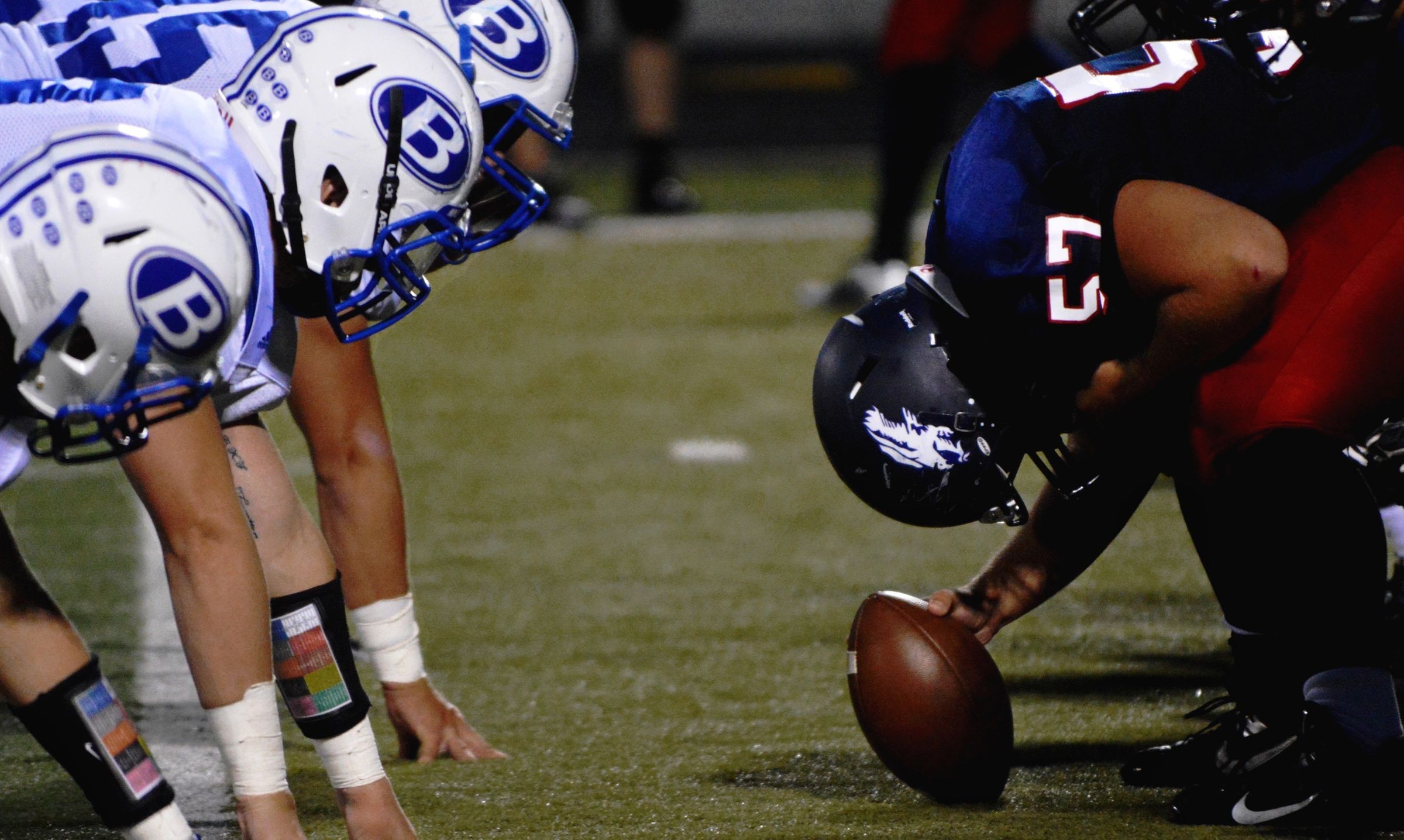Sport-related Concussion Clinical Profiles: Clinical Characteristics, Targeted Treatments, and Preliminary Evidence. Curr Sports Med Rep 2019
Sport-related Concussion Clinical Profiles: Clinical Characteristics, Targeted Treatments, and Preliminary Evidence.
Kontos, Sufrinko, Sandel, Emami, Collins. Curr Sports Med Rep. 2019 Mar;18(3):82-92.
www.doi.org/10.1249/JSR.0000000000000573
Abstract
Sport-related concussion (SRC) is a heterogeneous injury that involves varied symptoms and impairment that presents a significant clinical challenge to sports medicine professionals.
In response to this challenge, clinical researchers have proposed clinical profiles or subtype models for assessing and treating athletes with SRC. One such model emphasizes five concussion clinical profiles including cognitive/fatigue, vestibular, ocular, migraine, and anxiety/mood. Sleep is a common modifier that co-occurs across these clinical profiles. A combination of medical history, risk factors, injury information, clinical characteristics, and assessment outcomes can inform each clinical profile.
Preliminary data involving 236 patients from a concussion specialty clinic indicate that the migraine (26%) and anxiety/mood (24%) profiles are the most common, with vestibular and ocular profiles combined representing more than one third (35%) of clinical profiles.
Findings also support several relationships among different clinical profiles including vestibular and migraine, suggesting that many athletes present with multiple clinical profiles. Targeted, active treatments for each profile are discussed.



